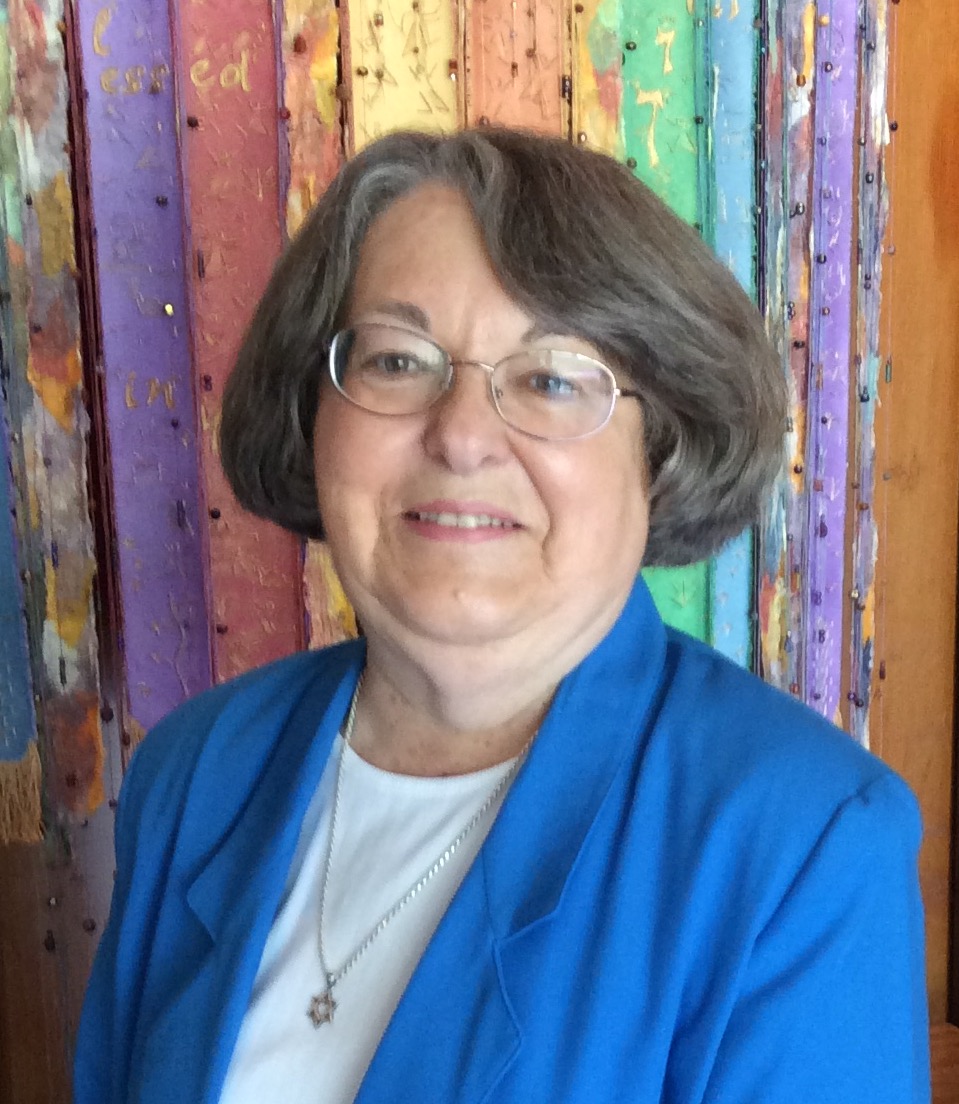I do a lot of driving and often listen to sixties music while in the car. Like many people, I do not always pay attention to the lyrics, but lately every time I hear “Eve of Destruction” by Barry McGuire I find myself listening more carefully, lamenting the fact that humanity has not made as much progress as we would like to think.
One verse in particular caught my attention the last time I heard the song: “When human respect is disintegratin’/This whole crazy world is just too frustratin’”. Having grown up during the civil rights movement and the war in Vietnam, I am amazed at how like that time is the one in which we live. The pendulum of life swings back and forth, and history seems to repeat itself in every generation.
Tzom Gedaliah marks the assassination of a good and righteous man who stepped forward to lead his people at a time of crisis and whose death ended Jewish sovereignty in the Promised Land and intensified Jewish dispersion throughout the region. Coming as it does the day after Rosh Hashanah, whether or not we choose to fast, it offers an opportunity to reflect on basic Jewish values and how straying from them leads to the kind of hatred and violence we see in today’s world. Reflection, of course, is not enough. When the day ends, we hope to have a course of action to carry us through the Yamim Noraim and bring us to the threshold of a new year with the resolve to change our individual communities, our country and our world for the better.
Sometimes that requires going back to the basics. The prophet Hosea, in the Haftarah assigned for Shabbat Shuvah, urges the people to return to God, and then says: “Take with you words” (Hosea 14:2), not sacrifices, not offerings of gold, but words – a reminder that the words we speak shape the lives we live and the communities we create. The process of returning to God is strengthened when we allow the words of our tradition to guide us on our way.
No matter what work of human rights and social justice we choose to be involved in our commitment is heightened when we remember that we are doing God’s work. As we begin a new year, there are words I would like to hear more often, instead of the hateful rhetoric that is all too common in our society today, words that reflect respect for each other, words that have the power to nurture unity among all our citizens.
Take with you words. B’tzelem Elohim is a reminder that all people are part of one human family. Being created in God’s image means that you are inherently equal to every other person, regardless of race/ethnicity, disability, religion, gender identity or sexual orientation, deserving of respect and welcome to every opportunity that will enable you to fulfill your God-given potential to the fullest.
Take with you words. V’ahavta l’rayacha kamocha – you shall love your neighbor as yourself – words that should lie at the very heart of all human interaction. Since our Torah has no vowels, one can pause wherever one chooses. As a result, I have always preferred the translation of Rabbi Leo Baeck who taught: “Love your neighbor – he (or she) is like you.” How different the world would be if we treated others the same way we want to be treated.
Take with you words. Derech eretz means common human decency, embracing those values we associate with civility and decorum, a reminder to listen to others, especially those with whom we disagree. Screaming at each other, using offensive language and calling each other names, whether in the classroom, at a committee meeting, on the debate stage or the protest line, hurts rather than helps our ability to make progress and achieve our goals. God cares how we act, and treating others according to the rules of derech eretz brings honor to God’s name.
As the new year begins, I am going to continue to be an advocate for social justice, but I am going to remember to take these words with me as I fight for the causes I believe in: equal pay for equal work, a woman’s right to choose, gun violence prevention, housing the homeless, educating children, affordable health care, criminal justice reform, the protection of immigrant families, the rights of workers and doing what I can to elect those who advocate for social justice. Remembering these basic Jewish values, and teaching them to others, adds meaning and purpose to the task of tikkun olam and our ability to be partners with God in completing the world.
Rabbi Sally J. Priesand is Rabbi Emerita of Monmouth Reform Temple in Tinton Falls, NJ, and a contributor to The Sacred Calling: Four Decades of Women in the Rabbinate

